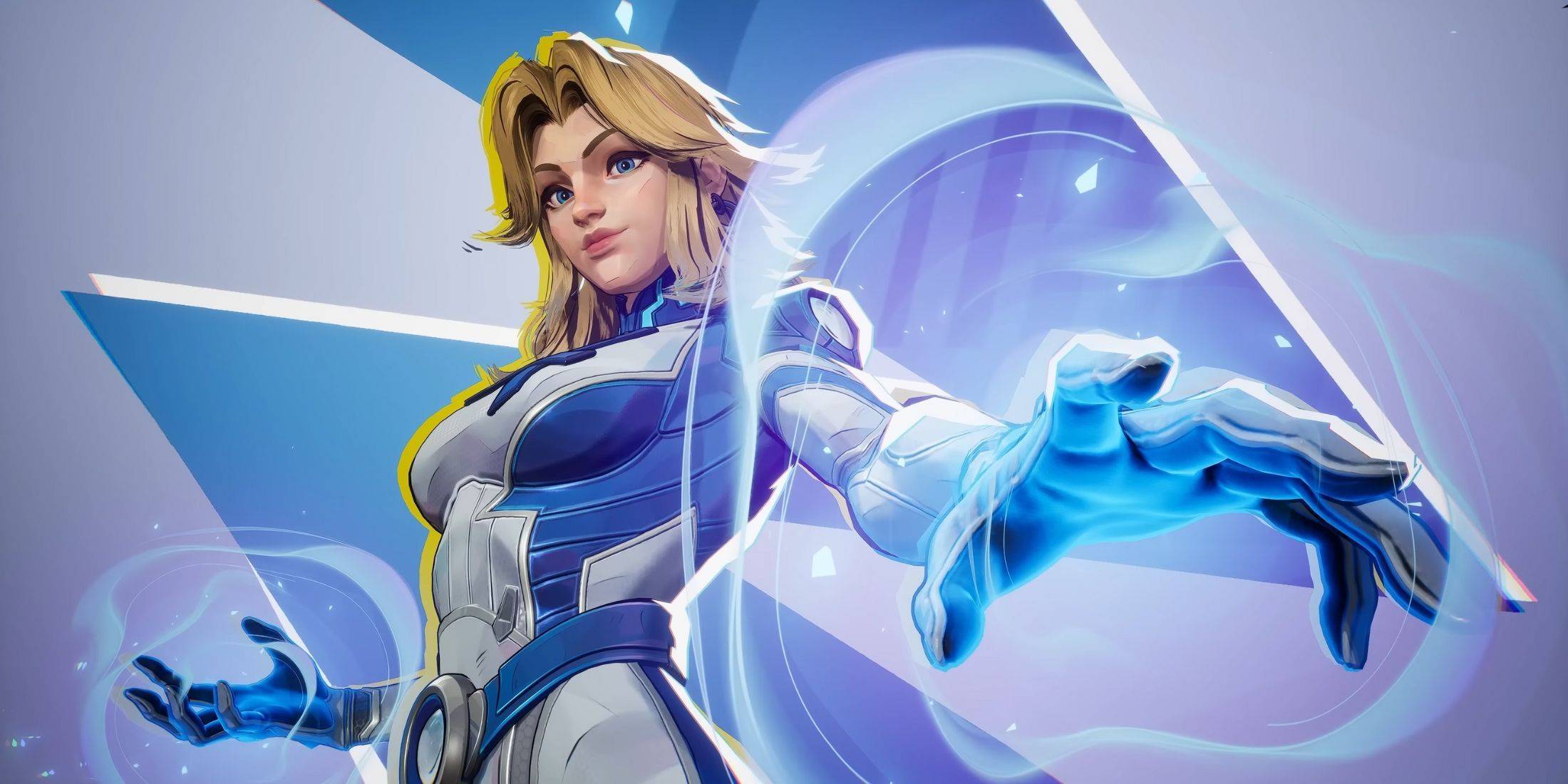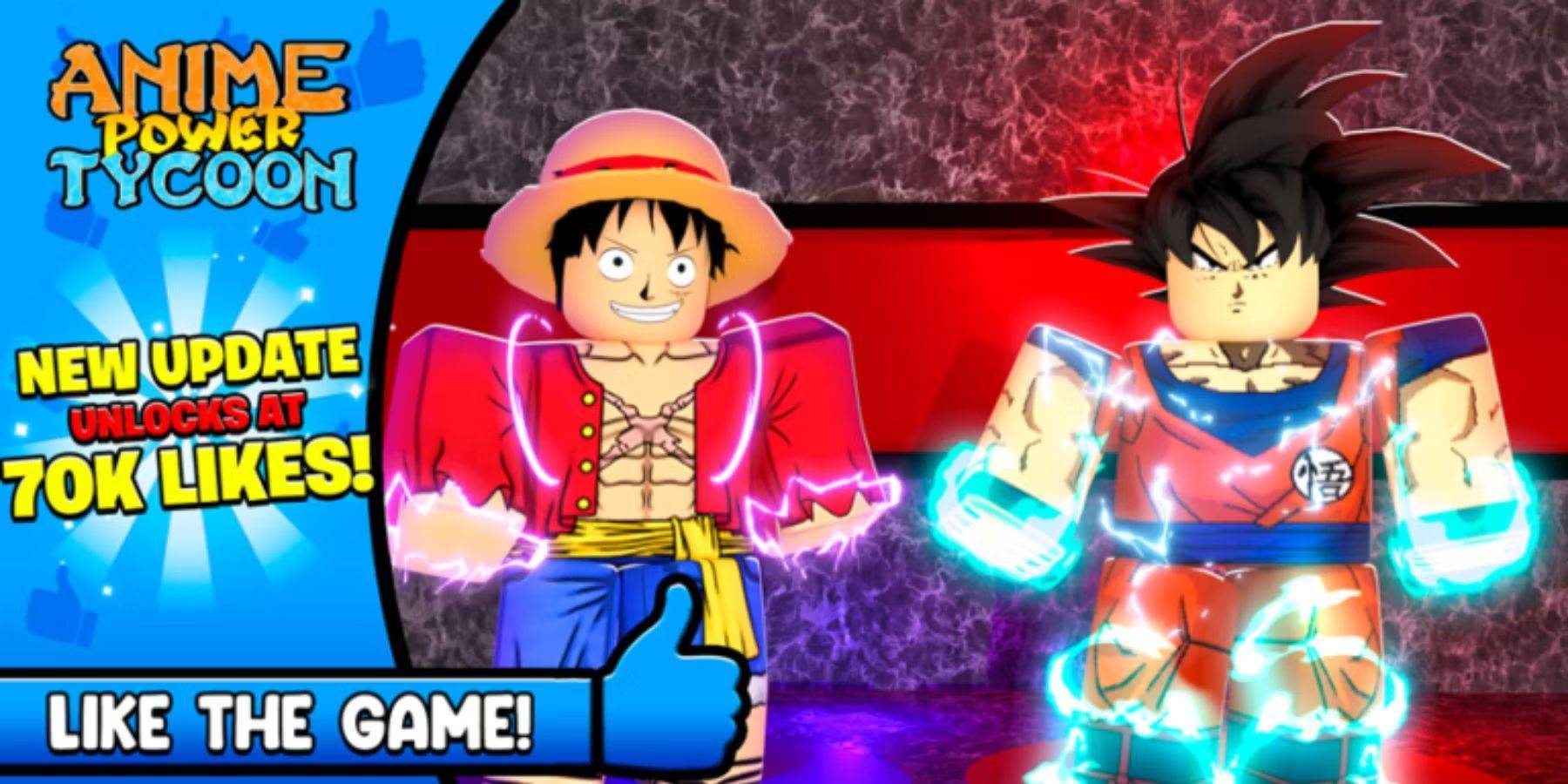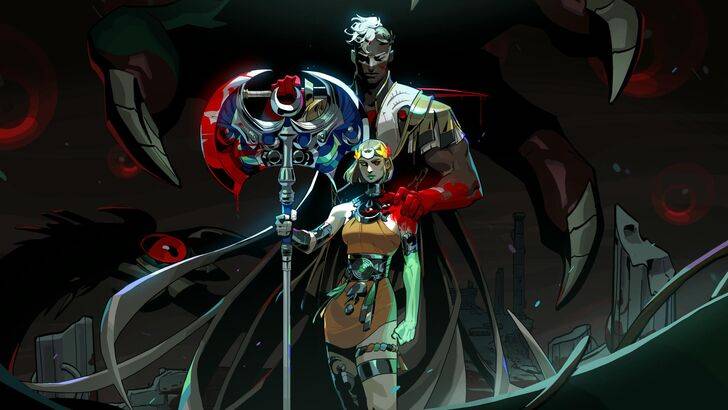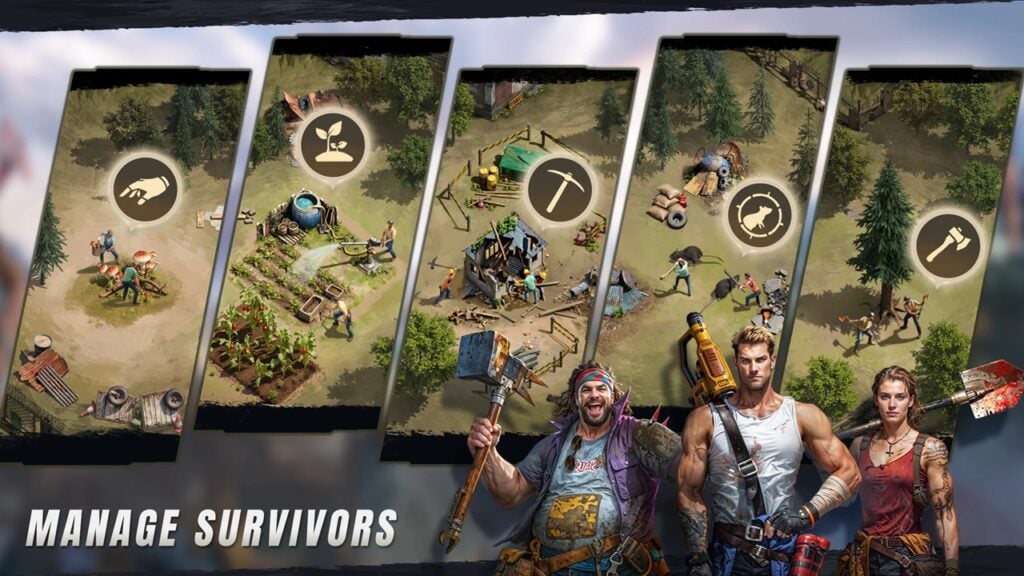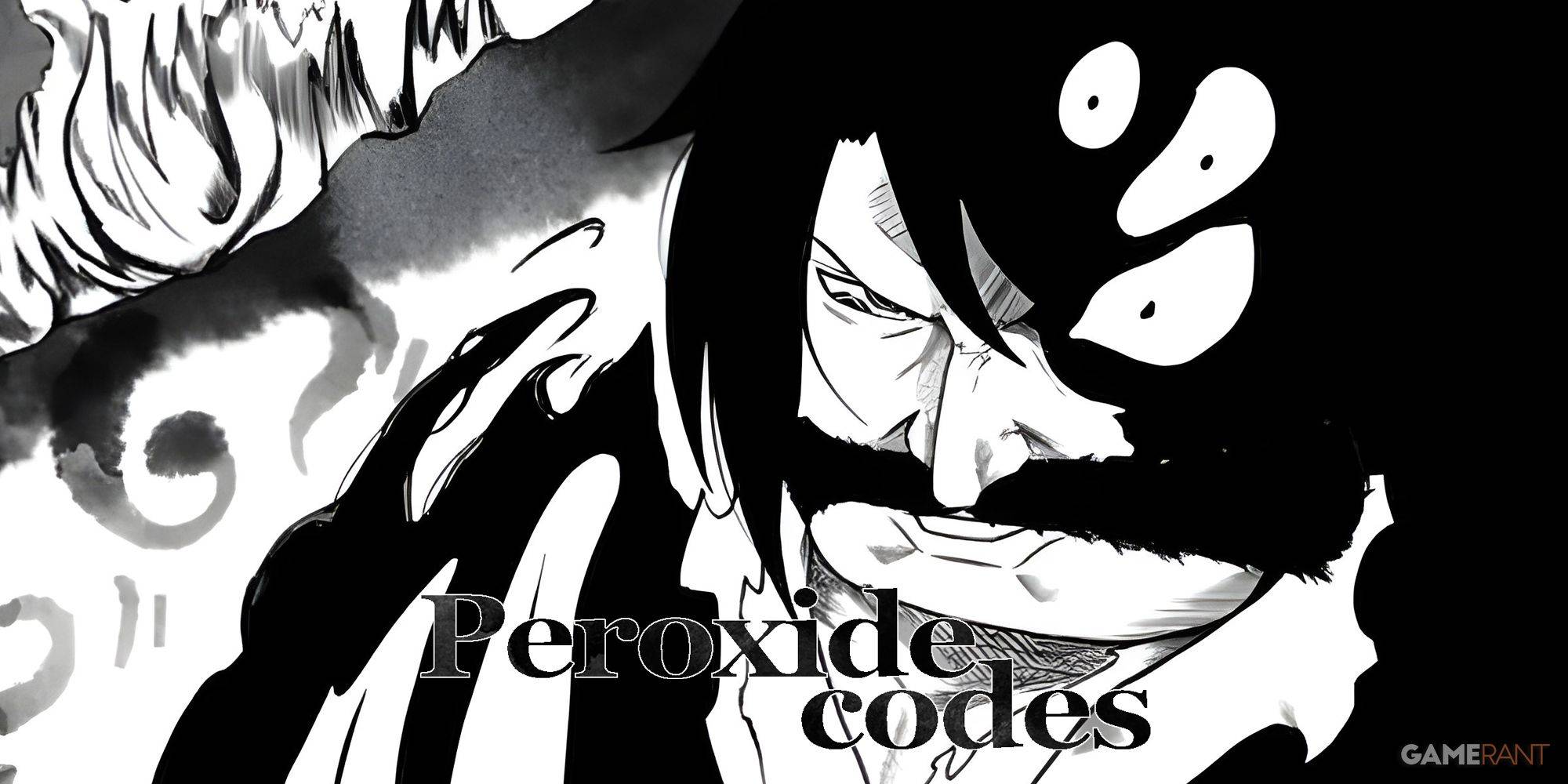Capcom's Revival: From Resident Evil 6 to Monster Hunter Wilds' Success
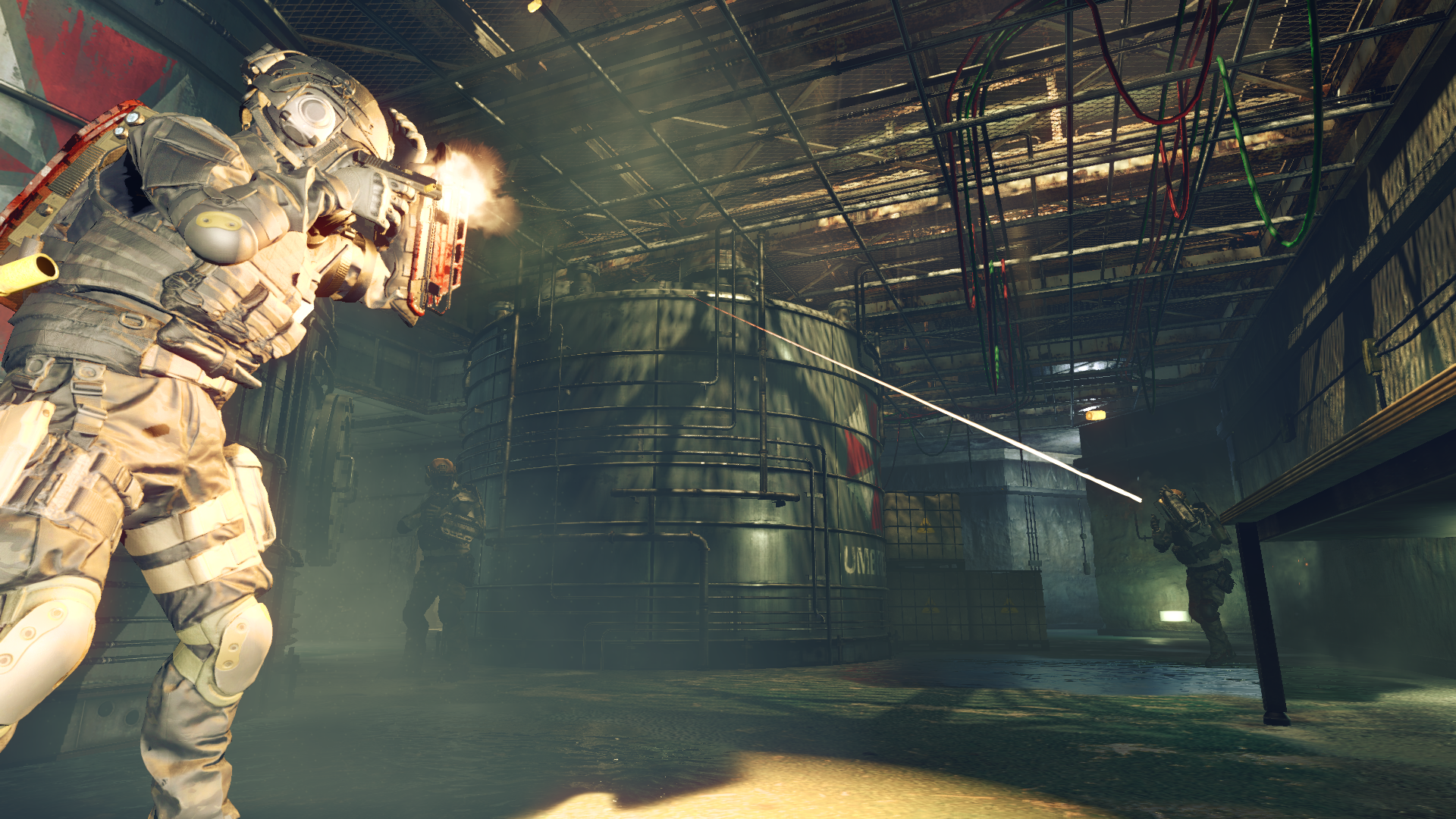
With *Monster Hunter Wilds* breaking Steam records and *Resident Evil* more popular than ever, thanks to *Village* and a series of stellar remakes, it seems Capcom can do no wrong. However, this wasn't always the case. Less than a decade ago, after a string of critical and commercial flops, Capcom was struggling, having lost its way and its audience.
Capcom was grappling with an identity crisis. The *Resident Evil* series, which pioneered survival horror, had lost its edge following *Resident Evil 4*. Meanwhile, *Street Fighter* was floundering after the disappointing *Street Fighter 5*. It was a precarious time for Capcom and its beloved franchises.
Yet, amidst the challenges, a transformation was underway. A shift in game development strategies, bolstered by a new, powerful game engine, revitalized Capcom's iconic series. This strategic pivot ushered in a period of critical acclaim and financial success, propelling Capcom back to prominence.
Resident Evil Lost Its Way
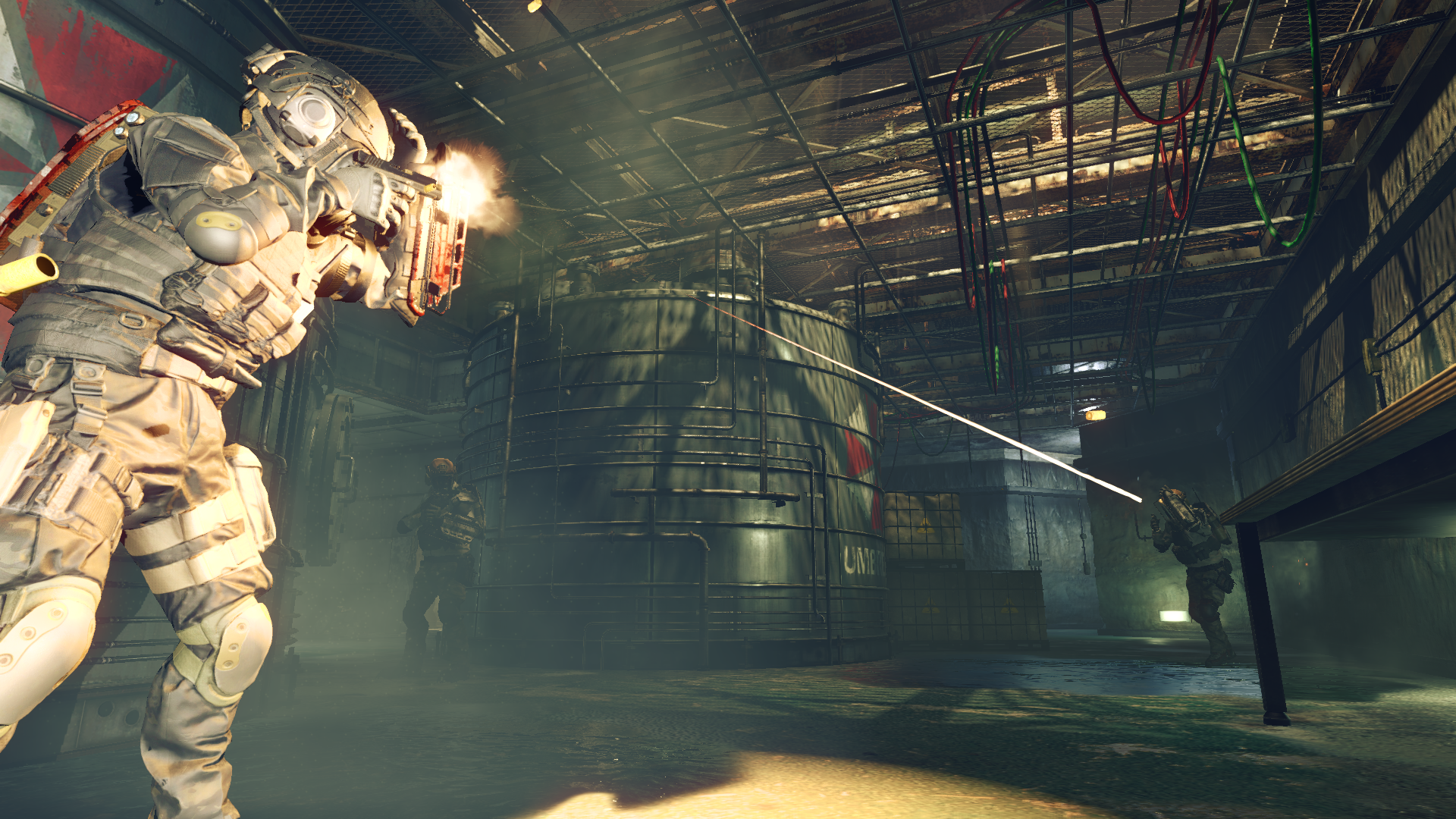 Resident Evil 6 marked a low point for the mainline series. Credit: Capcom
Resident Evil 6 marked a low point for the mainline series. Credit: Capcom
2016 was a challenging year for Capcom. The release of *Umbrella Corps*, an online co-op shooter, was met with harsh criticism from both reviewers and fans. *Street Fighter 5* also failed to impress, leaving fans skeptical of this sequel to the acclaimed *Street Fighter 4*. *Dead Rising 4* marked the last new entry in its series, despite featuring the return of fan-favorite Frank West.
This period represented the nadir of Capcom's struggles since 2010. Mainline *Resident Evil* games saw declining critical reception despite solid sales. *Street Fighter* was struggling, and other key franchises like *Devil May Cry* were absent. Meanwhile, *Monster Hunter*, although a massive hit in Japan, was struggling to gain traction internationally.
"Many of us started feeling that what the fans and players wanted from the series was getting a little bit separate from what we were making," one developer noted. This sentiment starkly contrasted with Capcom's recent resurgence. Since 2017, Capcom has consistently delivered hit games from its flagship franchises, earning both accolades and strong sales figures. Titles like *Monster Hunter World*, *Devil May Cry 5*, *Street Fighter 6*, and a trio of groundbreaking remakes have redefined Capcom's success story.
Capcom's turnaround involved more than just learning from past mistakes. It required a complete overhaul of its strategy, from targeting new player demographics to adopting advanced technology. To understand this transformation, IGN spoke with four of Capcom's leading creatives, exploring how the company recovered from its setbacks to achieve unprecedented success.
Founded in 1979 as a manufacturer of electronic game machines, Capcom rose to prominence in the '80s and '90s with 2D games like *Street Fighter* and *Mega Man*. The transition to 3D gaming with titles like *Resident Evil* further solidified its position. Between 2000 and 2010, Capcom successfully modernized many of its classic franchises, culminating in the critically acclaimed *Resident Evil 4*.
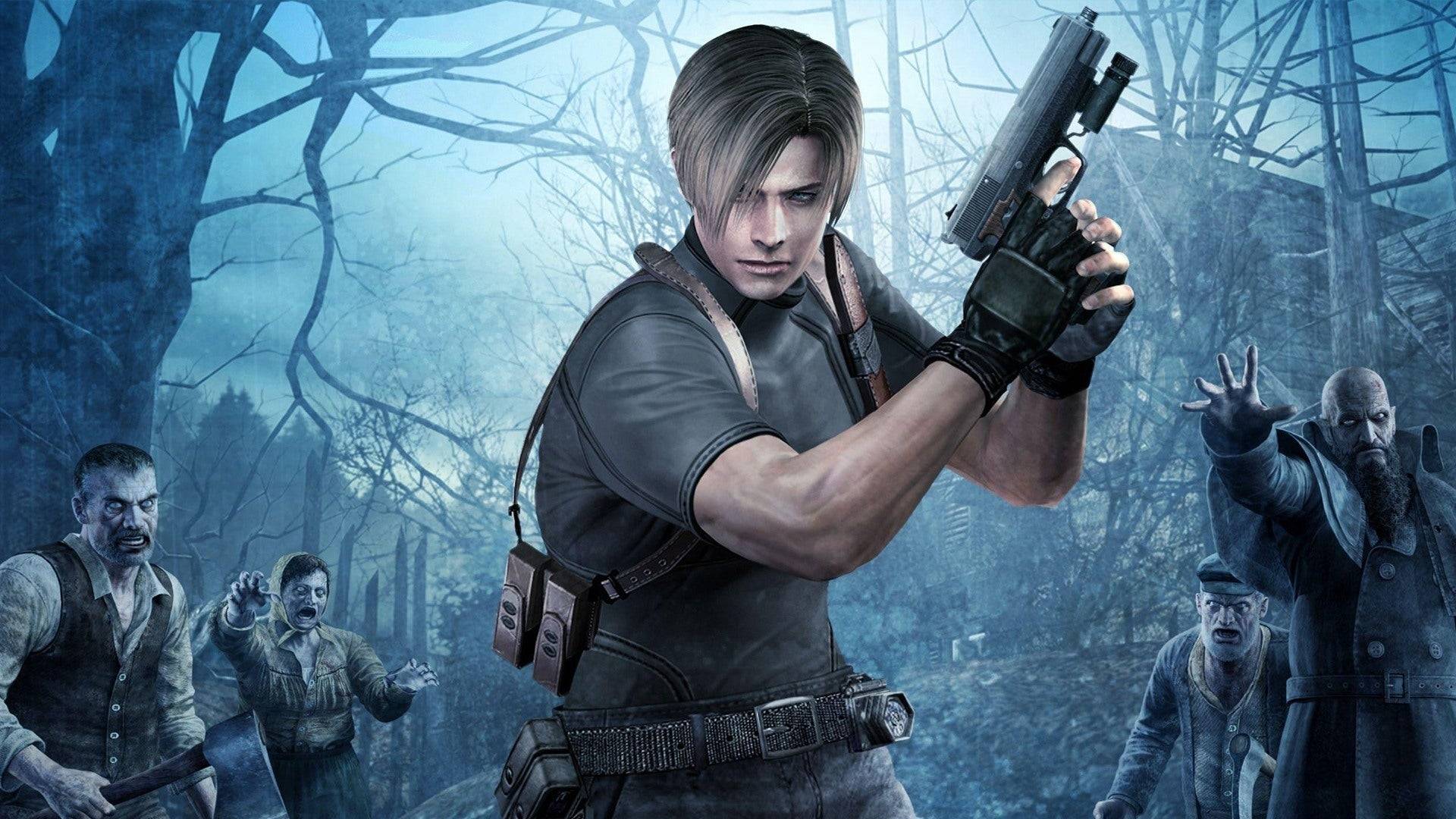 The GOAT Resident Evil game? Credit: Capcom.
The GOAT Resident Evil game? Credit: Capcom.
*Resident Evil 4*, released in 2005, is often hailed as a generational masterpiece, seamlessly blending horror with action. However, this balance was disrupted in subsequent entries. *Resident Evil 5*'s action-heavy sequences, such as Chris Redfield punching a boulder, marked a departure from the series' horror roots. This shift was evident to both players and developers, including *Resident Evil 4* remake director Yasuhiro Ampo, who has been with the series since 1996.
"Overall throughout the Resident Evil series, we set up different goals, challenges, and things we want to try with each game… But this time, many of us started feeling that what the fans and players wanted from the series was getting a little bit separate from what we were making," Ampo explained.
The confusion in direction led to *Resident Evil 6*, which attempted to cater to both action and horror fans with multiple characters and storylines. Unfortunately, this approach failed to satisfy either group. Fans expressed their disappointment online, and Capcom continued to experiment with spinoffs, further deviating from the series' core.
Capcom's struggles extended beyond *Resident Evil*. Following the success of *Street Fighter 4*, the sequel, *Street Fighter 5*, was criticized for its lack of content and poor online functionality. *Devil May Cry* also saw diminishing returns, leading Capcom to outsource *DmC: Devil May Cry* to Ninja Theory, a move that was met with mixed reactions. Other attempts to capture the Western market, like *Lost Planet* and *Asura's Wrath*, also fell short. *Dragon's Dogma* was a notable exception, but overall, Capcom's focus seemed scattered.
It was clear that a change was necessary.
Street Fighter 5, The Lost Cause
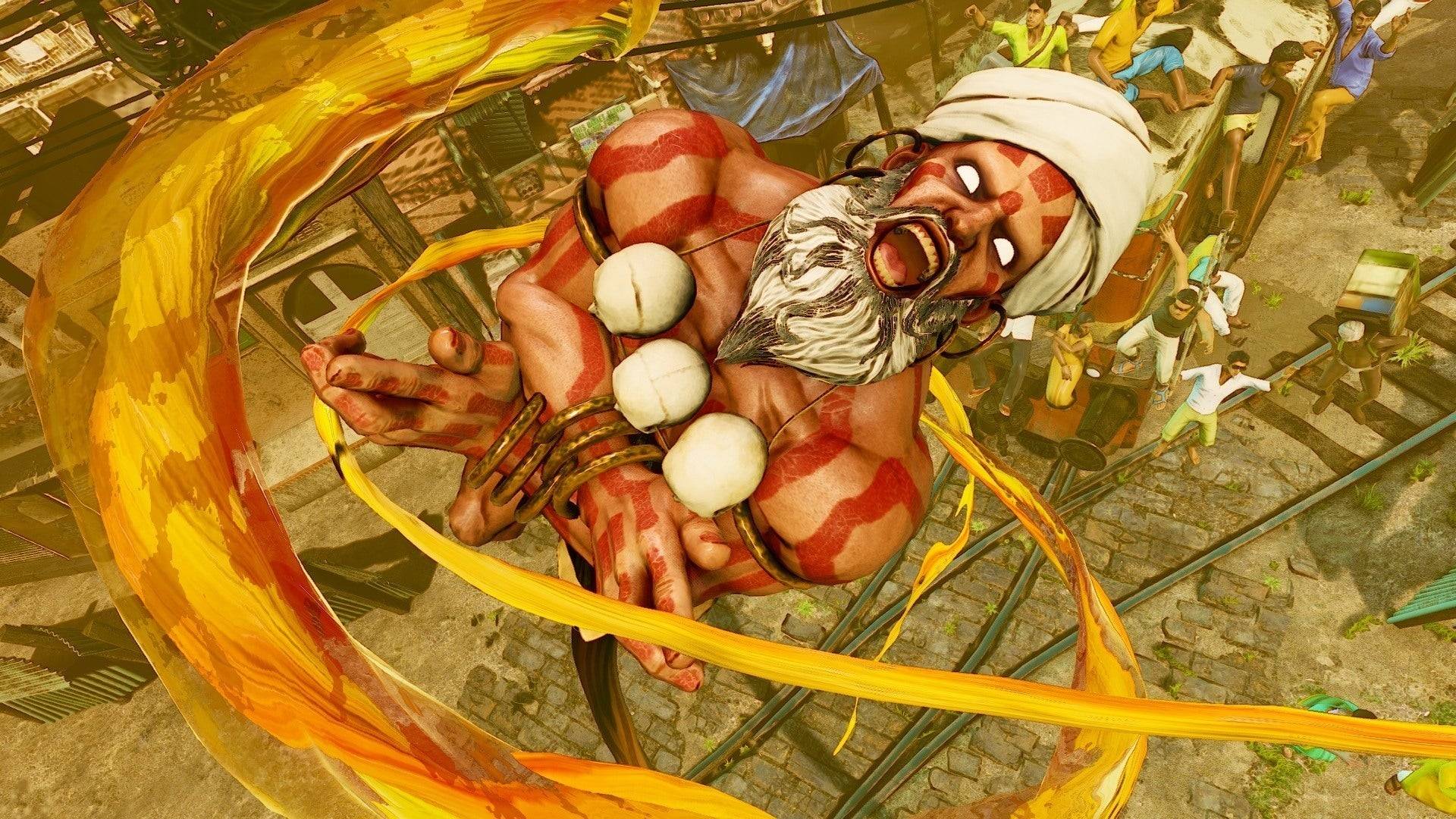 Street Fighter 5 was a letdown. Credit: Capcom.
Street Fighter 5 was a letdown. Credit: Capcom.
By the mid-2010s, Capcom initiated strategic changes to reverse its fortunes. The first step was addressing the issues with *Street Fighter 5*. Directors Takayuki Nakayama and producer Shuhei Matsumoto were tasked with stabilizing the game.
"There definitely were some challenges within the production of the game, and that was part of the reason why I was brought into the team," Nakayama admitted. "And because we were in a point in development where we couldn’t really make any major pivots or shifts, we had to proceed and move forward in the direction we were currently in, which created constraints on what we could and couldn’t do."
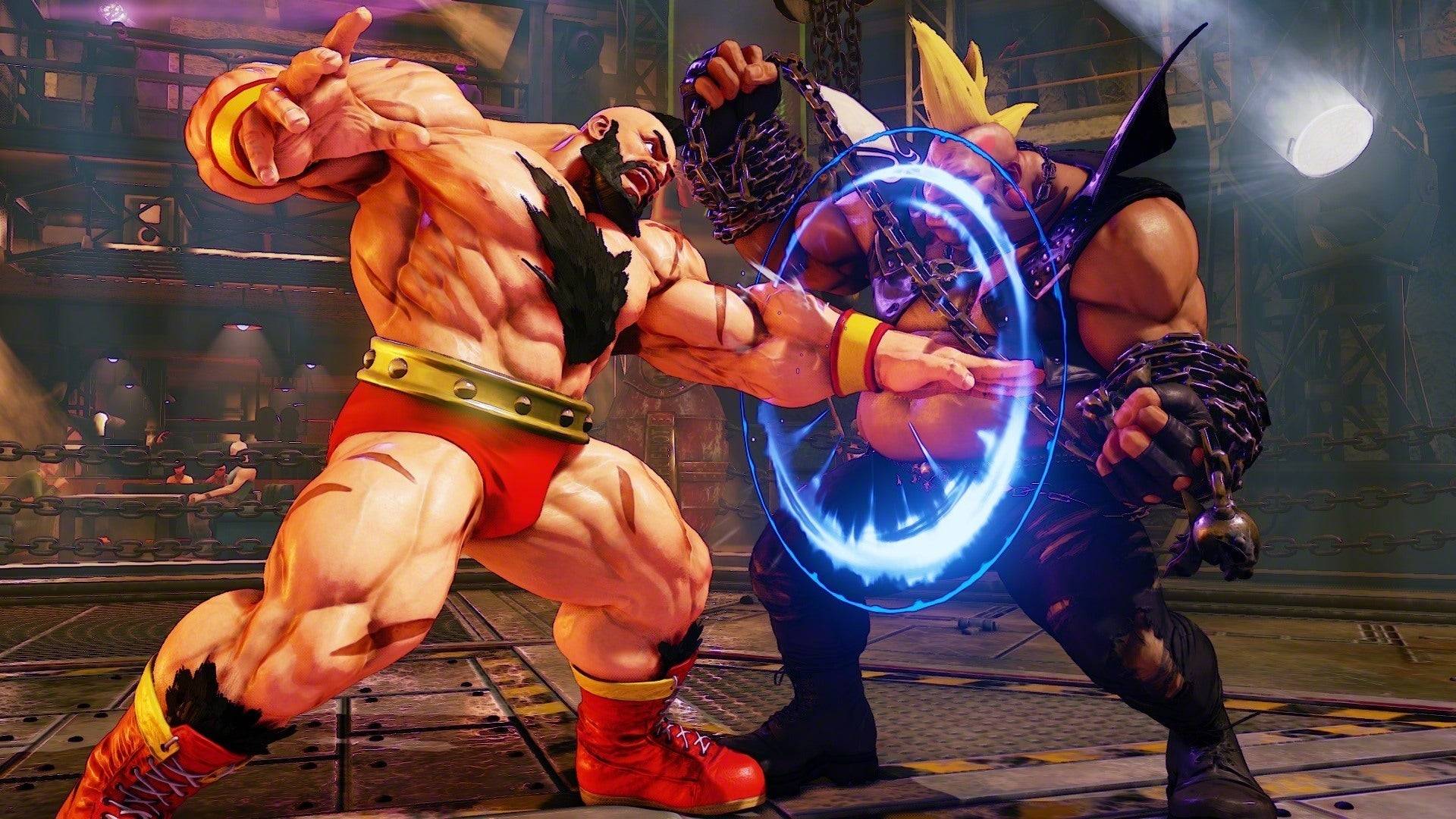 Street Fighter 5 would be improved into Street Fighter 5: Arcade Edition. Credit: Capcom.
Street Fighter 5 would be improved into Street Fighter 5: Arcade Edition. Credit: Capcom.
These constraints limited the scope of improvements, but Nakayama focused on addressing the most pressing issues, paving the way for *Street Fighter 6*. "We just didn’t really have enough time to address some of the problems and challenges we faced in Street Fighter V," Nakayama said. "And so, with our hands tied behind our backs, we basically had to wait for those ideas to be brought back for the initial conceptual phases for Street Fighter 6, so we could tackle and do things properly for the next title."
Matsumoto explained why Capcom didn't abandon *Street Fighter 5* to focus on a sequel: "There wasn’t any sort of sense of like, ‘Okay let’s just end Street Fighter 5 and focus on Street Fighter 6.’ It was more like, while we were working on Street Fighter V, we were trying to figure out what we really wanted to do in Street Fighter 6 content-wise."
"Basically, we tried different things during the development of Street Fighter 5 to see if it worked and then we took the things that did work and applied that to Street Fighter 6. It was like the development of Street Fighter V was an ongoing process that helped us figure out, ‘Okay, what is it that we want to do for the next level?" Matsumoto added.
*Street Fighter 5* became a testing ground for new ideas, leading to numerous updates including improvements to netcode, character re-balances, and new mechanics like V-Shift. The goal was to rediscover the fun in fighting games, which *Street Fighter 5* had lost amidst its complexity.
"We both realized that fighting games are fun, and when you get used to them, it becomes more enjoyable and something you can essentially play forever as long as you have an opponent to play against," Matsumoto said. "However, one of the challenges that we faced with Street Fighter V is that we felt that there wasn’t a clear pathway that helped guide players to get to that level where they finally feel like they’re having fun and will want to continue playing."
*Street Fighter 6* aimed to be more accessible while retaining the depth that seasoned players loved, launching to critical acclaim in 2023. By using *Street Fighter 5* as a development laboratory, Capcom ensured that future projects would not require such extensive overhauls.
Monster Hunter Took Over The World
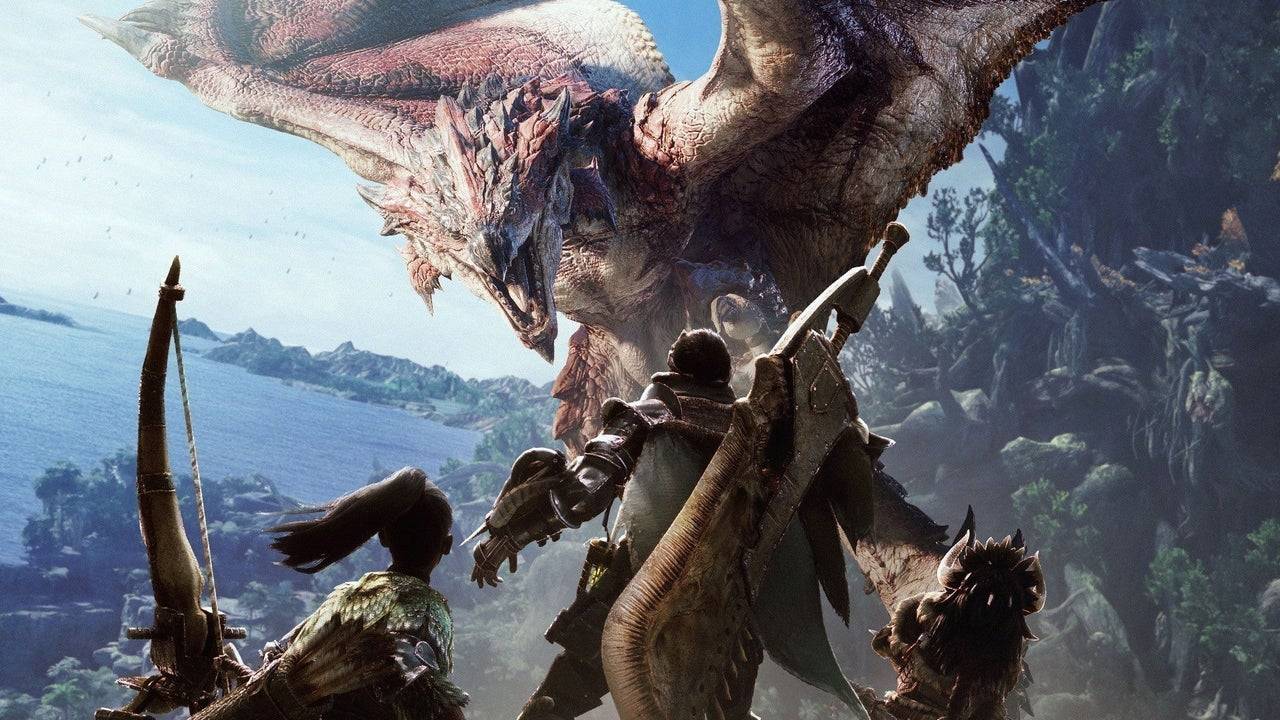 The start of the Monster Hunter revolution. Credit: Capcom.
The start of the Monster Hunter revolution. Credit: Capcom.
Around the time of *Street Fighter 5*'s launch in 2016, Capcom underwent an internal reorganization to prepare for a new generation of games, powered by the new RE Engine. This change was not just about technology but also about creating games for a global audience.
"It was a few factors that came together," said Hideaki Itsuno, known for his work on *Devil May Cry*. "The change of the engine and also all teams were given a very clear goal at that point to make games that reach the global market. [Games] that are fun for everyone."
Capcom's earlier attempts to cater to the Western market, such as the action-heavy *Resident Evil 4* and spinoffs like *Umbrella Corps* and *Lost Planet*, had mixed results. The company realized it needed to create universally appealing games.
"I think that we had that clear goal of just focusing and not holding anything back," Itsuno said. "Towards making good games that would reach people from all over the world."
The pivotal year of 2017 marked a turning point with the launch of *Resident Evil 7*, which heralded a new era for Capcom. No series better embodies this global ambition than *Monster Hunter*. Although popular in the West, *Monster Hunter* had traditionally been more successful in Japan due to its focus on handheld consoles.
"20 years ago in Japan, having a network connection wasn't as easy, and there weren’t a huge amount of people playing Monster Hunter online. However, handheld consoles made multiplayer gameplay easy without internet access, and I regard it as a great success that we had players experience the game in this way, which was one of the ways we really wished for them to play and enjoy it, even in that era when online gameplay wasn't easy," explained Ryozo Tsujimoto, executive producer of the series.
*Monster Hunter* thrived on cooperative play, which was well-suited to handheld consoles. This focus inadvertently reinforced its reputation as a "Japan-only" brand, but Western fans were eager for more. As online infrastructure improved globally, Tsujimoto and the team saw an opportunity to expand with *Monster Hunter: World*.
Released in 2018 for PlayStation 4, Xbox One, and PC, *Monster Hunter: World* was a game-changer. It offered AAA console-quality action, larger areas, and bigger monsters, designed for a global audience. "Our approach to the globalization of the series and Monster Hunter in general really ties into not only the themes that we had going into designing the game, but also in the name of the game," Tsujimoto said. "The fact that we called it Monster Hunter: World is really kind of a nod to the fact that we wanted to appeal to this worldwide audience that we wanted to really dig into and experience Monster Hunter for the first time."
To ensure global appeal, *Monster Hunter: World* was released simultaneously worldwide with no region-specific exclusives. "For World, we conducted focus tests across the world, and some of the feedback and opinions that we got during that process really affected how we designed our game systems and impacted how much success we had globally," Tsujimoto added.
Key changes, such as displaying damage numbers, helped broaden the game's appeal. *Monster Hunter: World* and its follow-up, *Monster Hunter Rise*, both sold over 20 million copies, a significant leap from previous entries.
"At its heart, Monster Hunter really is an action game, and that sense of accomplishment you get from really mastering that action is an important aspect of Monster Hunter," Tsujimoto explained. "But for newer players, it's really about getting to that point. The steps involved in getting to that sense of accomplishment is what we're trying to strategize for, in terms of designing for new players. So with World and Rise, for example, we were taking great care to analyze where players got stuck, what was hard to understand, what they were having trouble with, getting player feedback, and also doing our own kind of research into that. And all of that kind of knowledge has impacted how we've implemented new systems into Wilds."
Resident Evil 7 Began Turning Things Around
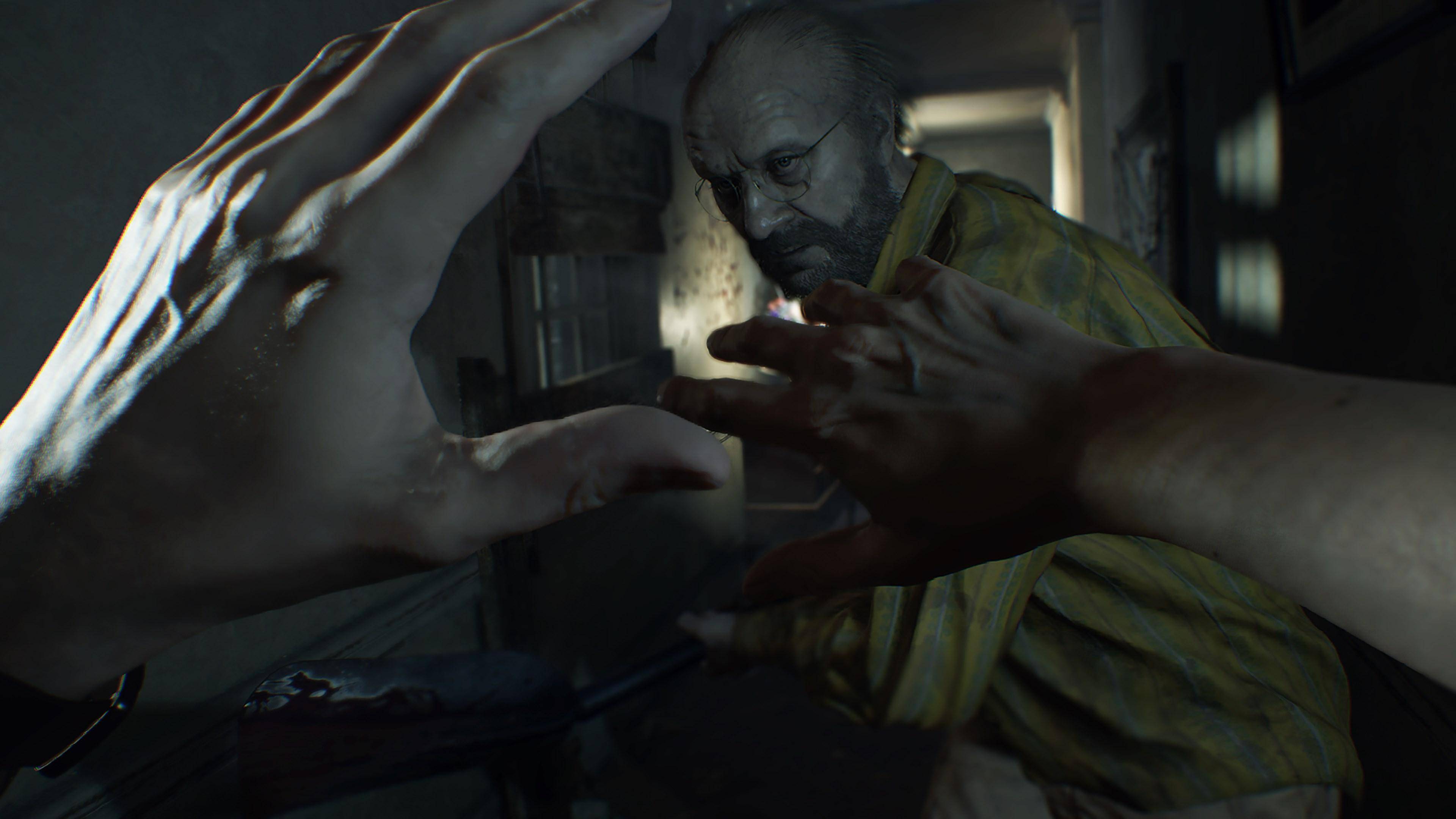 Welcome to the family. Credit: Capcom.
Welcome to the family. Credit: Capcom.
While *Monster Hunter* had a winning formula, Capcom faced challenges in convincing global audiences of its appeal. *Resident Evil* required a different approach, deciding between its action-oriented and survival horror roots. Executive producer Jun Takeuchi made the decisive call to return to survival horror.
"It was around the time I was working on Resident Evil Revelations 1 and 2. I was trying to test different things, try different approaches," recalled Yasuhiro Ampo, director of *Resident Evil 2* and *4* remakes. "And around this time is when the R&D teams were divided into R&D division one and two. The executive producer of the Resident Evil series, Jun Takeuchi, took command of R&D division one, and he set the core direction that the Resident Evil series needed to go back to its origins, to its roots."
*Resident Evil 7* was announced at PlayStation's E3 2016 conference with a first-person perspective, a significant shift from the series' third-person roots. This move reignited the series' horror elements. "With Resident Evil 7, the executive producer, Jun Takeuchi, made it clear that we cannot underestimate how critical it is for the series for it to be scary and about survival. So he made it clear that Resident Evil 7 would go back to its origins, it would be very cautious with its survival elements. And with that as a basis, then we would try new and different things," Ampo said.
*Resident Evil 7* was a hit, returning the series to its survival horror roots with a southern gothic setting that ranks among the scariest in the franchise. While mainline titles like *Resident Evil 7* and *8* would remain in first-person, Capcom also planned third-person remakes, starting with *Resident Evil 2*.
"It was like, ‘all right people really want this to happen.’ So producer [Yoshiaki] Hirabayashi came up with the slogan: ‘Well, we’ll do it,’" Ampo revealed.
The *Resident Evil 2* remake was a resounding success, blending horror with action and puzzles, and introducing the menacing Mr. X. Under Ampo's direction, it became the second best-selling *Resident Evil* game. This success led to remakes of *Resident Evil 3* and the highly anticipated *Resident Evil 4*.
"As you mentioned, [Resident Evil 4] was still a title that enjoyed some popularity. So there was a lot of internal discussion on how maybe it’s not a good idea. Maybe we don’t need a remake for Resident Evil 4, especially because Resident Evil 4 is a game that is so beloved. If we get anything wrong with the remake, people might be quite vocal about their discomfort," Ampo admitted.
Despite initial hesitation, the *Resident Evil 4* remake was a triumph, refining the action-horror balance and maintaining the series' survival horror essence. The game shed some of its original campier elements for a darker, moodier tone, yet retained the thrilling action moments.
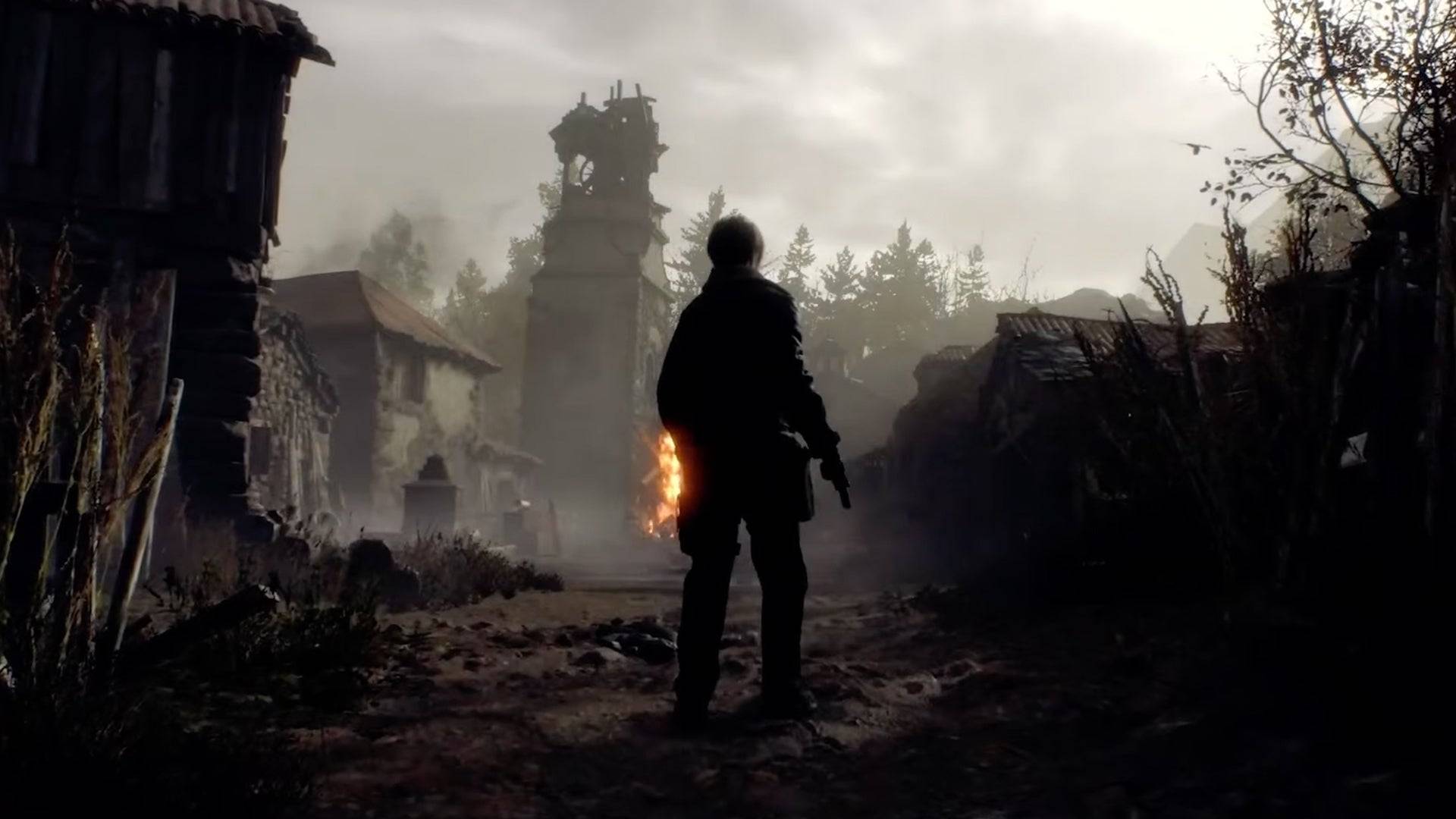 Horror reborn. Credit: Capcom.
Horror reborn. Credit: Capcom.
As *Resident Evil* rediscovered its horror roots, Hideaki Itsuno, longtime director of *Devil May Cry*, aimed to revitalize the action genre. After working on *Dragon's Dogma*, Itsuno saw an opportunity to challenge players with *Devil May Cry 5*, using Capcom's powerful RE Engine.
The Reason Behind The Change
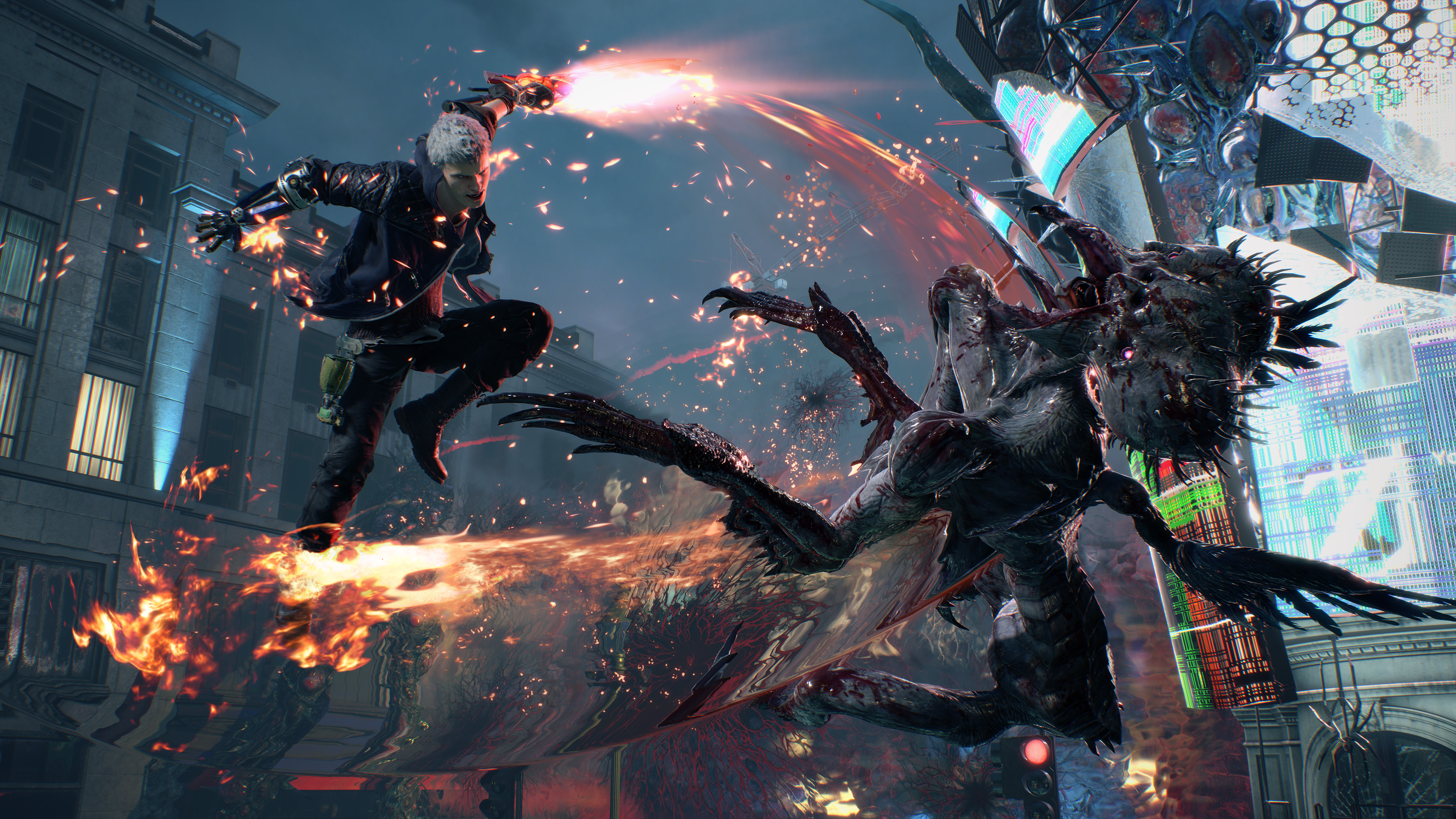 The goal? Make the coolest game ever. Credit: Capcom.
The goal? Make the coolest game ever. Credit: Capcom.
"I felt like the main trend with action games was to make action games that were very kind," Itsuno said. "Maybe, for me, a little bit too kind to the players, lending a hand to the player too much to my liking."
Itsuno, who directed *Devil May Cry* starting with the second game, returned after a decade to helm *Devil May Cry 5*. This break allowed him to refine his vision for the series, leveraging new technology. "Technology-wise, there were not just little improvements that you would have when you work on a series consecutively," Itsuno said. "When there’s a wide timeframe, [the technology] changes significantly."
The RE Engine, now powering most of Capcom's games, replaced the MT Framework and enabled higher visual fidelity and more agile development. "So the original concept for the RE Engine was to allow for a development environment that was less stressful and could help us to make things quicker. Because it’s an internally developed engine, when we needed any additional tools, well, we could ask for them internally. They could be fixed somewhat quickly, internally, and also iterated on," Ampo explained.
This flexibility allowed Capcom's developers to experiment and refine their work efficiently. For Itsuno, whose goal was to create the "coolest" action game, the RE Engine's capabilities were instrumental. "Devil May Cry is a franchise that stands on being cool," Itsuno said. "That’s what the franchise is, it’s about being cool. Ever since I took over the series from Devil May Cry 3, I put everything that I, as a person, I considered throughout my life to be cool. Anything I’ve seen on TV, in movies, and comics I’ve read, any sport experiences I’ve had, I try to distill everything that I think is cool into what the game is."
A New Capcom Golden Age
Since 2017, Capcom has released a game of the year contender nearly annually, a feat that sets it apart from other major studios. With titles like *Monster Hunter Wilds* on the horizon, Capcom's winning streak continues.
The company's focus on creating globally appealing games, powered by a technologically advanced engine, has been the key to its success. Capcom seamlessly transitions between genres, from fighting games to survival horror to action RPGs, without losing its stride.
"Capcom is going through a golden era, and, well, now we have to do everything we can so that this lasts one more year, one more year, and every year, one more year," Tsujimoto said. "Hopefully we can extend it as long as we can."
Capcom's mission to create mainstream, global games has not diluted its core offerings. Instead, it has struck a balance between staying true to its franchises' identities and expanding their audience by millions. While other studios struggle to find their footing, Capcom's strategic changes have ushered in a new golden age, with no signs of slowing down.
When asked about this golden age, Capcom's directors were optimistic. "It’s a very exciting time to be at Capcom right now. A lot of us are able to get excited about what we’re working on and are able to focus on things that we think are fun. So, yes, I guess a golden age may be one interpretation of that," Nakayama said.
Tsujimoto echoed this sentiment, emphasizing the importance of sustaining this success. "Capcom is going through a golden era, and, well, now we have to do everything we can so that this lasts one more year, one more year, and every year, one more year. Hopefully we can extend it as long as we can."
-
 DaVita Care ConnectDaVita Care Connect empowers home dialysis patients and their care partners with essential tools and support. This exclusive app allows patients to conveniently access valuable kidney health resources, communicate directly with their care teams, and
DaVita Care ConnectDaVita Care Connect empowers home dialysis patients and their care partners with essential tools and support. This exclusive app allows patients to conveniently access valuable kidney health resources, communicate directly with their care teams, and -
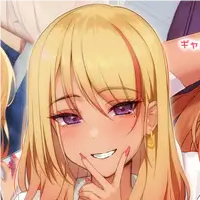 Let's do it! Gal-chan ~Fix your money and grades with sex~Dive into an enthralling interactive adventure with Let's do it! Gal-chan ~Fix your money and grades with sex~, starring the charming Gal-chan. Navigate dynamic storylines that put your skills and strategies to the test, all while enjoying seamless
Let's do it! Gal-chan ~Fix your money and grades with sex~Dive into an enthralling interactive adventure with Let's do it! Gal-chan ~Fix your money and grades with sex~, starring the charming Gal-chan. Navigate dynamic storylines that put your skills and strategies to the test, all while enjoying seamless -
 Tetris GemsPrepare yourself for an addictive puzzle challenge that will keep you hooked for hours! In Tetris Gems, you'll strategically rotate and position colorful falling gem blocks to complete horizontal lines that vanish when filled. Clear more lines to ea
Tetris GemsPrepare yourself for an addictive puzzle challenge that will keep you hooked for hours! In Tetris Gems, you'll strategically rotate and position colorful falling gem blocks to complete horizontal lines that vanish when filled. Clear more lines to ea -
 Jeet and Win Bonus GameIf you enjoy the thrill of slot games, you don't want to miss the Jeet and Win Bonus Game app. It delivers continuous fun with dynamic and captivating gameplay. Outstanding graphics make the game visually attractive and distinctive. Ideal for fillin
Jeet and Win Bonus GameIf you enjoy the thrill of slot games, you don't want to miss the Jeet and Win Bonus Game app. It delivers continuous fun with dynamic and captivating gameplay. Outstanding graphics make the game visually attractive and distinctive. Ideal for fillin -
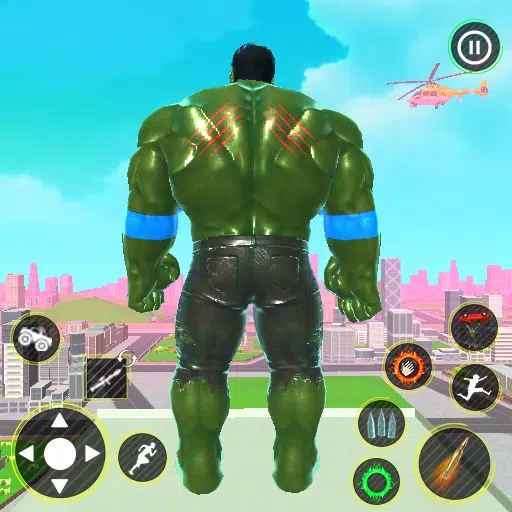 Incredible Monster Hero 3D WarStep into the role of a formidable monster fight hero and battle fearsome monster hero enemies in this action-packed superhero game.Engage in epic combat in the Incredible Monster Hero Game to become the monster hero who takes on giants, demolishes c
Incredible Monster Hero 3D WarStep into the role of a formidable monster fight hero and battle fearsome monster hero enemies in this action-packed superhero game.Engage in epic combat in the Incredible Monster Hero Game to become the monster hero who takes on giants, demolishes c -
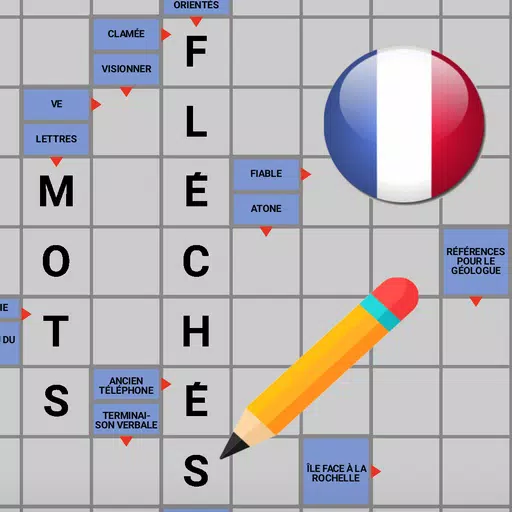 Mots Fléchés FrançaisEnjoy hundreds of French crossword puzzles! Suitable for all skill levels!Play free arrow words in French!- Solve real crossword puzzles right from your phone or tablet- Regularly updated with new grids- 5 difficulty levels, from beginner to expert-
Mots Fléchés FrançaisEnjoy hundreds of French crossword puzzles! Suitable for all skill levels!Play free arrow words in French!- Solve real crossword puzzles right from your phone or tablet- Regularly updated with new grids- 5 difficulty levels, from beginner to expert-
